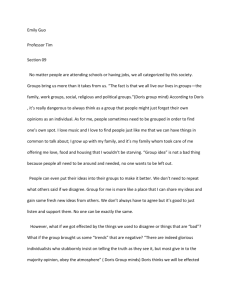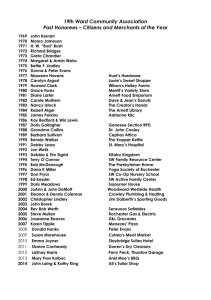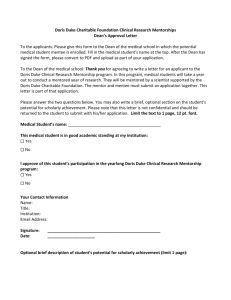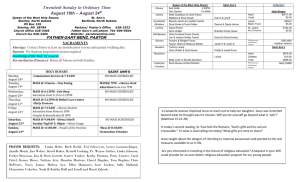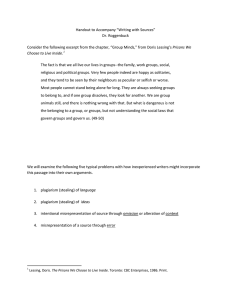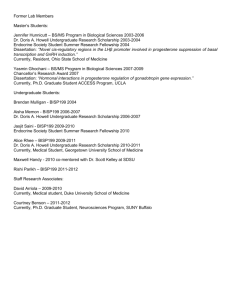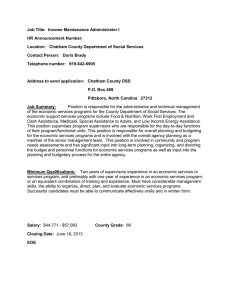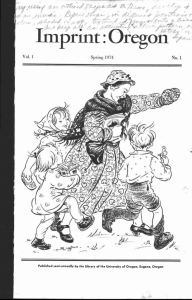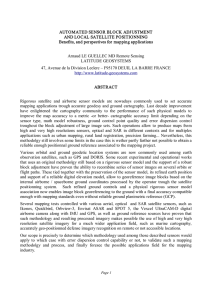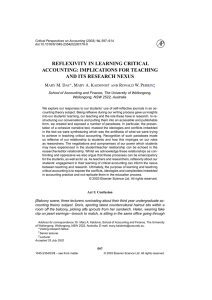Monthly Meeting of Mathematical Minds – 3/24/15
advertisement
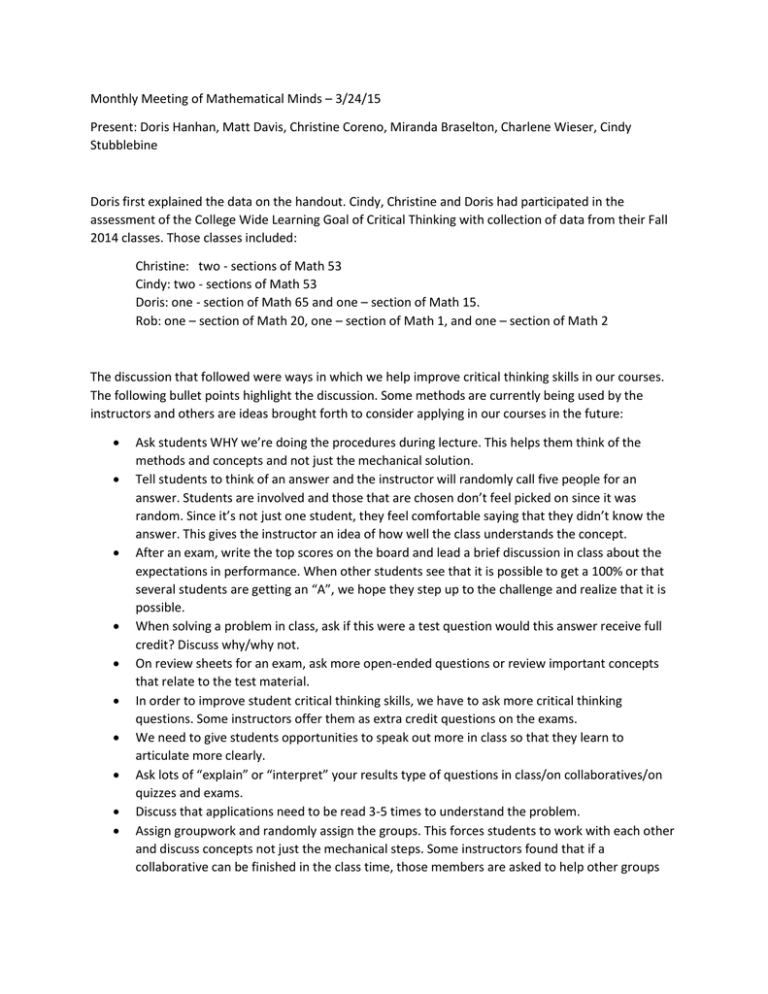
Monthly Meeting of Mathematical Minds – 3/24/15 Present: Doris Hanhan, Matt Davis, Christine Coreno, Miranda Braselton, Charlene Wieser, Cindy Stubblebine Doris first explained the data on the handout. Cindy, Christine and Doris had participated in the assessment of the College Wide Learning Goal of Critical Thinking with collection of data from their Fall 2014 classes. Those classes included: Christine: two - sections of Math 53 Cindy: two - sections of Math 53 Doris: one - section of Math 65 and one – section of Math 15. Rob: one – section of Math 20, one – section of Math 1, and one – section of Math 2 The discussion that followed were ways in which we help improve critical thinking skills in our courses. The following bullet points highlight the discussion. Some methods are currently being used by the instructors and others are ideas brought forth to consider applying in our courses in the future: Ask students WHY we’re doing the procedures during lecture. This helps them think of the methods and concepts and not just the mechanical solution. Tell students to think of an answer and the instructor will randomly call five people for an answer. Students are involved and those that are chosen don’t feel picked on since it was random. Since it’s not just one student, they feel comfortable saying that they didn’t know the answer. This gives the instructor an idea of how well the class understands the concept. After an exam, write the top scores on the board and lead a brief discussion in class about the expectations in performance. When other students see that it is possible to get a 100% or that several students are getting an “A”, we hope they step up to the challenge and realize that it is possible. When solving a problem in class, ask if this were a test question would this answer receive full credit? Discuss why/why not. On review sheets for an exam, ask more open-ended questions or review important concepts that relate to the test material. In order to improve student critical thinking skills, we have to ask more critical thinking questions. Some instructors offer them as extra credit questions on the exams. We need to give students opportunities to speak out more in class so that they learn to articulate more clearly. Ask lots of “explain” or “interpret” your results type of questions in class/on collaboratives/on quizzes and exams. Discuss that applications need to be read 3-5 times to understand the problem. Assign groupwork and randomly assign the groups. This forces students to work with each other and discuss concepts not just the mechanical steps. Some instructors found that if a collaborative can be finished in the class time, those members are asked to help other groups that are struggling. Those students take on that leadership role and learn to articulate the reasons better than before. Have students do more boardwork presentations. Share with students SLO/CLO on the syllabus Share a grading rubric with students Give students examples of A/B/C/D/F work and have them figure out which is the A/B/C/D/F papers. Give students a set of problems that are incorrect and have a discussion about what is a careless mistake vs a fundamental mistake. Follow up with an assignments where a student is given a grading rubric, print out different students work and have them grade those problems. Scribe: Doris Hanhan
